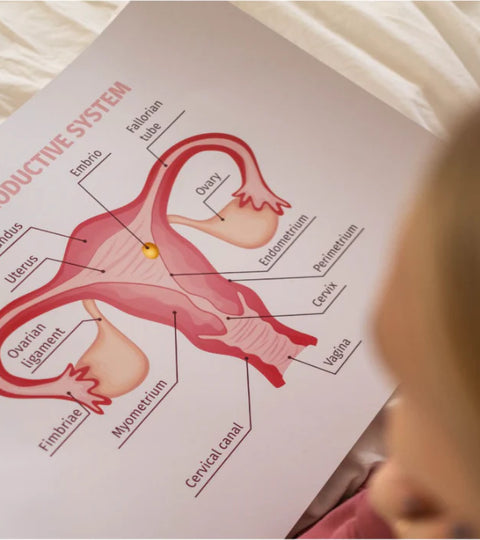Yes… Menstrual Education IS Important
Written by Cinestie Olson
If you haven’t read the news, or checked out our latest blog post, then you might not know that Florida has initiated a bill to prohibit education about reproductive health to kids under 8th grade (AKA, 13-14 years old). This bill went into effect on July 1st, and we’re here to stress that education about period health and other sexual education is needed more now than ever. Here are a few reasons why the lack of period education is more harmful than good.
Period Stigma
If you have a period, had a period, or will have a period, you will most likely experience some taboos or stigmas surrounding menstruation. Familiar ones you may have heard of are “Periods are dirty,” “You can’t swim in the ocean on your period,” or “It’s normal to be in pain during your period.” News flash: none of these are true. However, stigmas surrounding periods are still prevalent in many countries, families, and individuals due to a lack of education.
The lack of education around periods can also bring shame or fear of your first period. I remember the first time I had mine… I was crying, unprepared, and embarrassed that I had gotten it! Now, I embrace my period because I have had the privilege to learn more (and work) in the period care space.
According to a survey, 42% of menstruators have been period-shamed in their lifetime, with an additional 12% getting shamed by a family member or classmate. Many of the period stigmas are from centuries ago when there wasn’t much information about reproductive health. Now, studies have been done and the facts have been set straight! If we don’t educate everyone on modern knowledge about periods, then we will continue to have shame and stigma surrounding menstruation.
Period Poverty
In rural areas of countries like India or Kenya, 1 in 2 menstruators have knowledge about menstruation before getting their first period. Nearly 50% have no idea what is happening to their body when they get their first period! The lack of education also leads to a lack of resources.
Every country experiences period poverty. Period poverty is the lack of access to proper (and safe) period products, sanitation, and you guessed it, education. Nearly 500 million people across the globe experience period poverty in their lifetime - high income countries included. One in four young menstruators in the United States have missed school because of a lack of access to period products. Over 1.5 billion menstruators have a lack of access to clean, safe, and private toilets, while over 500 million don’t have access to toilets at all. Many menstruators have to turn to DIY period products that aren’t the safest and can lead to various infections.
Gender Inequality
Ever heard the phrase “Women are more emotional due to their periods?”... yeah. We hate it just as much as you do. Promoting period health education helps menstruators’ privacy, body autonomy, and self efficacy. Determining someone’s emotional and mental state simply because they have a uterus that bleeds is sexist and unfair.
In 2019, a study in Nepal found that many young menstruators were forced to stay in a separate home and sleep on field when on their period - even when the government ruled it illegal. Millions of menstruators experience missing school or work due to their country or culture’s view on menstruation. Why is it that people who don’t have periods are able to have a better education than someone who does?
What Can We Do?
Though Florida’s bill is currently in effect, there is still hope in normalizing periods! Here are a few things you can personally do that can inspire change.
- Talk about periods openly. Yes, let everyone know that you’re menstruating! Talk about it with your friends, family, coworkers, etc. Periods are very normal and half the world experiences them. The more awareness you bring, the more normal periods can be for those around you.
- Don’t use euphemisms. Aunt Flo, Crimson Wave, On the Rag… they’re all terms that are meant to codeword periods for secrecy. Just stick to period or menstruation.
- Advocate for Reproductive Health. Get involved with your local lawmakers, support period-care businesses, and encourage others to do the same!

1 Comment
Does Sunny provide educational resources to educate? Perhaps providing learning materials or a link to get more information would be beneficial for those that homeschool or do not get the education in Public School.
Who better than a company advocating for openness to speak freely about periods to keep the movement going!